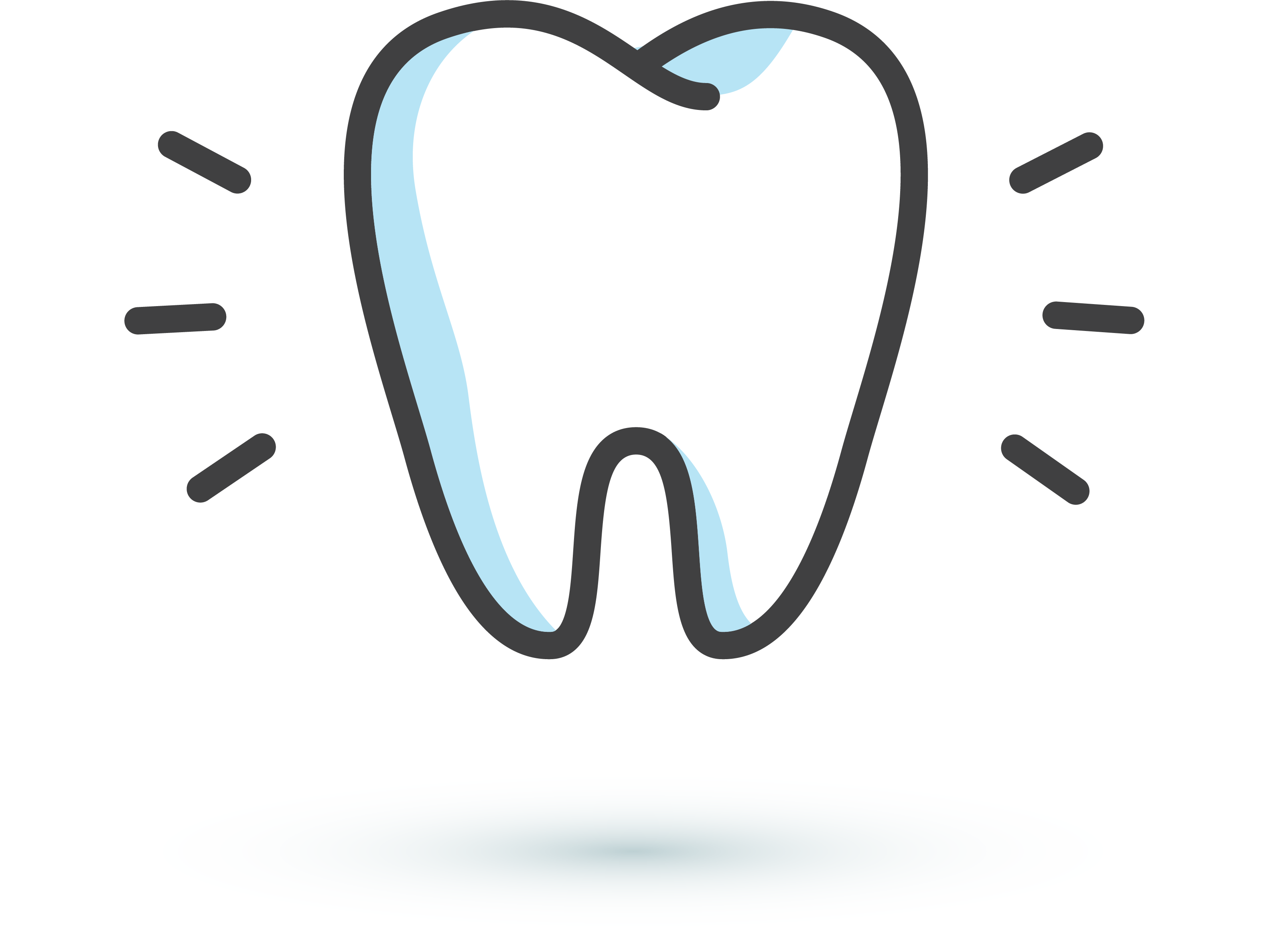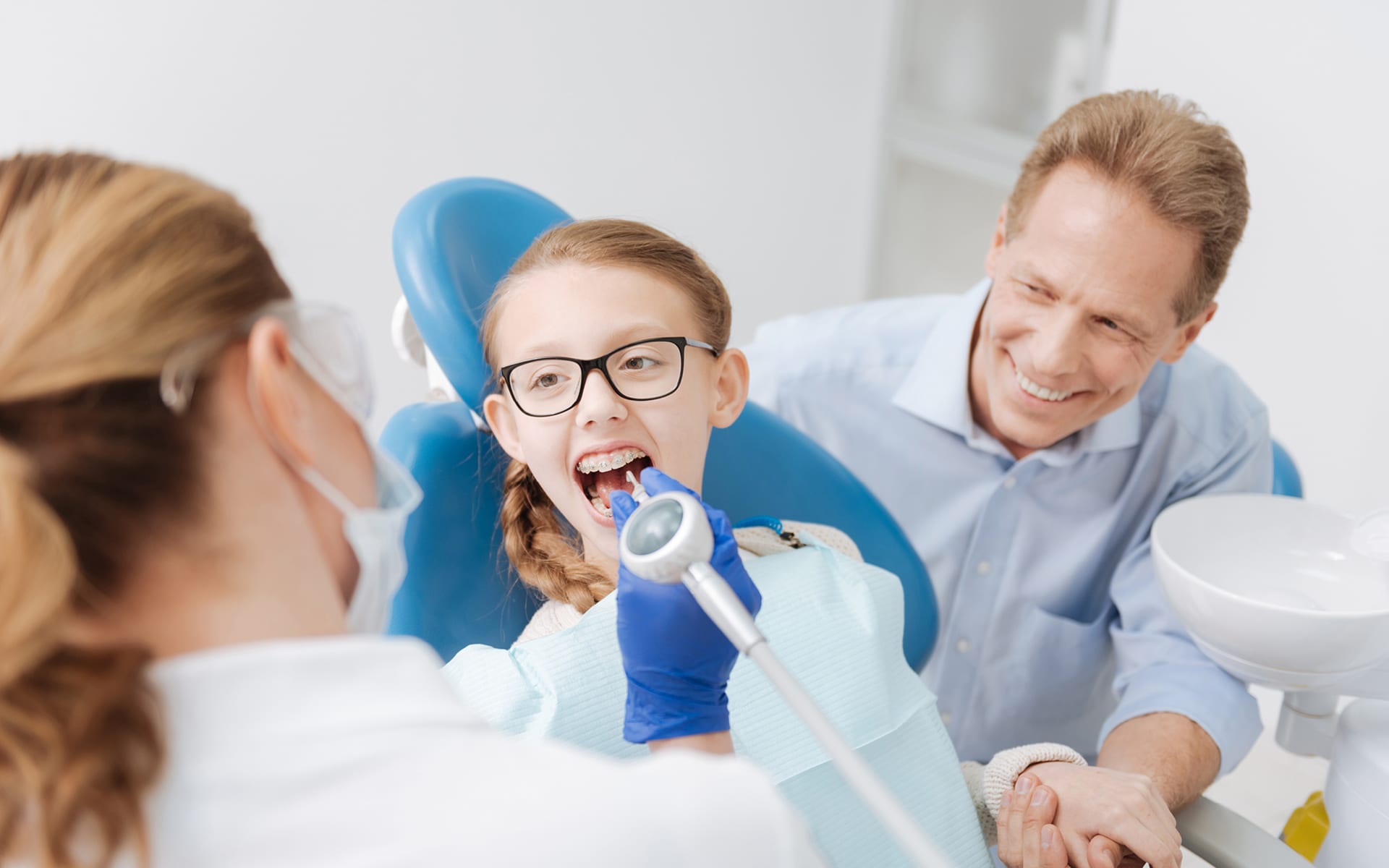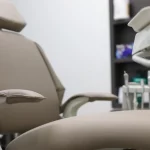When Should Your Child Start Seeing the Dentist?
There are a lot of misconceptions when it comes to determining when the best time to take your baby on their first dental visit is. The most frequently mentioned reasons for adults not taking their kids to the dentist, are that they’re too young, they don’t have enough teeth, or that their teeth will fall out anyway. Not only are these incorrect, sticking to these beliefs can hinder your child from growing up with the healthy smile they deserve! At Heflin Family Dentistry in Albuquerque, we’re here to make sure you have the information you need to keep your child’s smile shining bright!
Surprisingly, the first time you should take your child to see the dentist is much earlier than you might think! According to The American Academy of Pediatric Dentistry (AAPD), your child’s first tooth should be emerging around the age of 6 months. You should take them to their first pediatric dental check-up 6 months after their first tooth comes in, or by their first birthday, whichever comes first. It’s important to keep their primary teeth healthy and to check that they are developing properly to set their permanent teeth and oral health up for success as they continue to grow.
Benefits of Early Dental Visits
There are many ways that the health of your child’s mouth can benefit from seeing a dentist early on. When you start going to the pediatric dentist from the time they are one and continue the routine of getting bi-annual check-ups, you have an opportunity to eliminate any fears of the dentist from developing, and can encourage positive habits. In addition, your child’s teeth can benefit from going to the dentist in these ways:
- Establishes that there is enough space for permanent teeth
- Ensures child’s teeth are growing appropriately for better chewing
- Encourages good nutrition for healthy growing teeth
- Encourages healthy brushing and flossing habits
- Instills the importance of dental health early on
- Prevents early dental disease and decay
- Evaluate growth development of jaw and teeth
- Preventative oral hygiene
- Stop bad habits early on that can affect the jaw and teeth development like thumb sucking and teeth grinding.
- Prevent or treat cavities that can cause pain and infection and lead to damage to permanent teeth later on
Although primary teeth (baby teeth) generally fall out between the ages of 5 and 12, they play a very important role in the development and future of your child’s oral health. By promoting a healthy dental routine of cleaning and regular dental check-ups, you set your child up for better health overall as they age! Primary teeth create the space needed for permanent teeth to come in and guide them into position, while permitting the normal development of their jawbone and muscles. If you’re looking for an Albuquerque family dentist that’s friendly and affordable to help you show your child how fun the dentist can be, you can put your trust in Heflin Family Dental!




